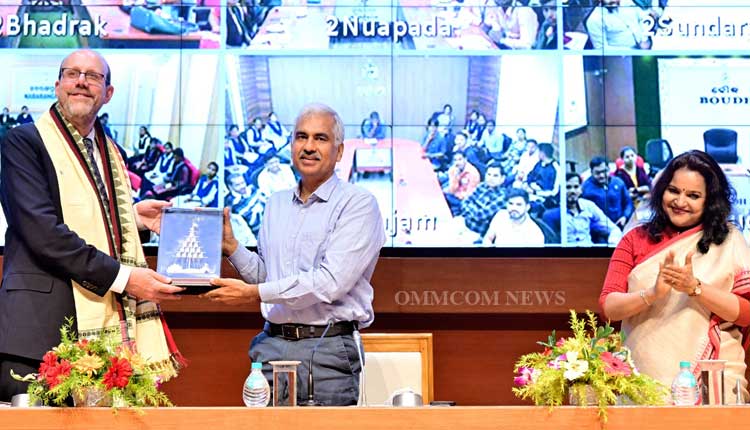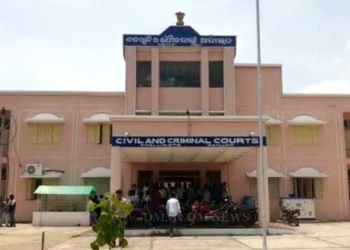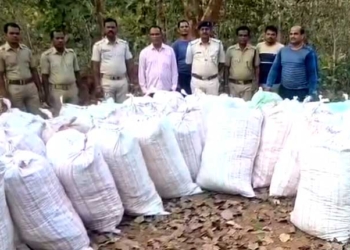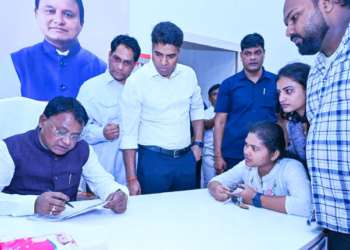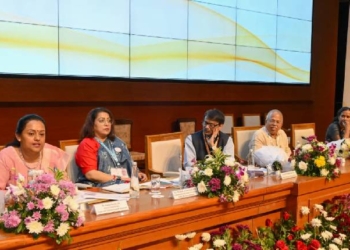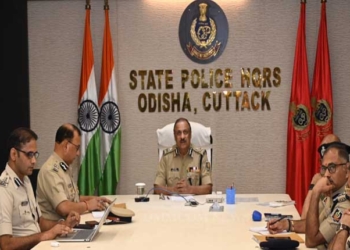Bhubaneswar: Distinguished Economist Dr. Michael Kremer, a Nobel Prize winner for his work on “Empirical Approaches to Alleviating World Poverty” in Economics, visited Odisha for a lecture program at Lok Seva Bhavan.
The event, organized by the Planning and Coordination Department, brought together administrative officers, academicians, students, and researchers from Odisha to engage with his research and practical expertise.
Kremer, a co-winner of the 2019 Nobel Prize in Economics, is working currently as a Professor of Economics at the University of Chicago. His work focuses on innovation in education, health, water, finance, and agriculture, with a specific emphasis on structuring institutions to foster innovation through social innovation funds.
During his presentation, titled “Empirical Approach, Innovation and Economics,” Kremer highlighted the impact of his work on deworming through schools, which led to the introduction of National Deworming Day in India. He also discussed how digital weather forecasting can significantly benefit farmers, with the cost of propagating advice being 10 times more profitable.
Additionally, he emphasized the importance of safe drinking water in preventing child mortality, citing experimental data showing a 25% reduction in diarrhoea rates through chlorination of tap water.
Kremer’s keynote address also touched on the need for individualized learning to address disparities in educational attainment, as well as the importance of reducing air pollution to improve educational outcomes. He outlined the innovation cycle, which involves identifying problems, discussing them with stakeholders, conducting focus groups, and pilot-testing solutions.
The event was attended by senior officials, including Chief Secretary Manoj Ahuja, Additional Chief Secretary and Development Commissioner Anu Garg and District Collectors from all 30 districts, who participated via video conference. Ahuja emphasized the state’s commitment to efficient administrative law, aiming to develop Odisha by 2036 and India by 2047, through data analytics and sustainable systems.




